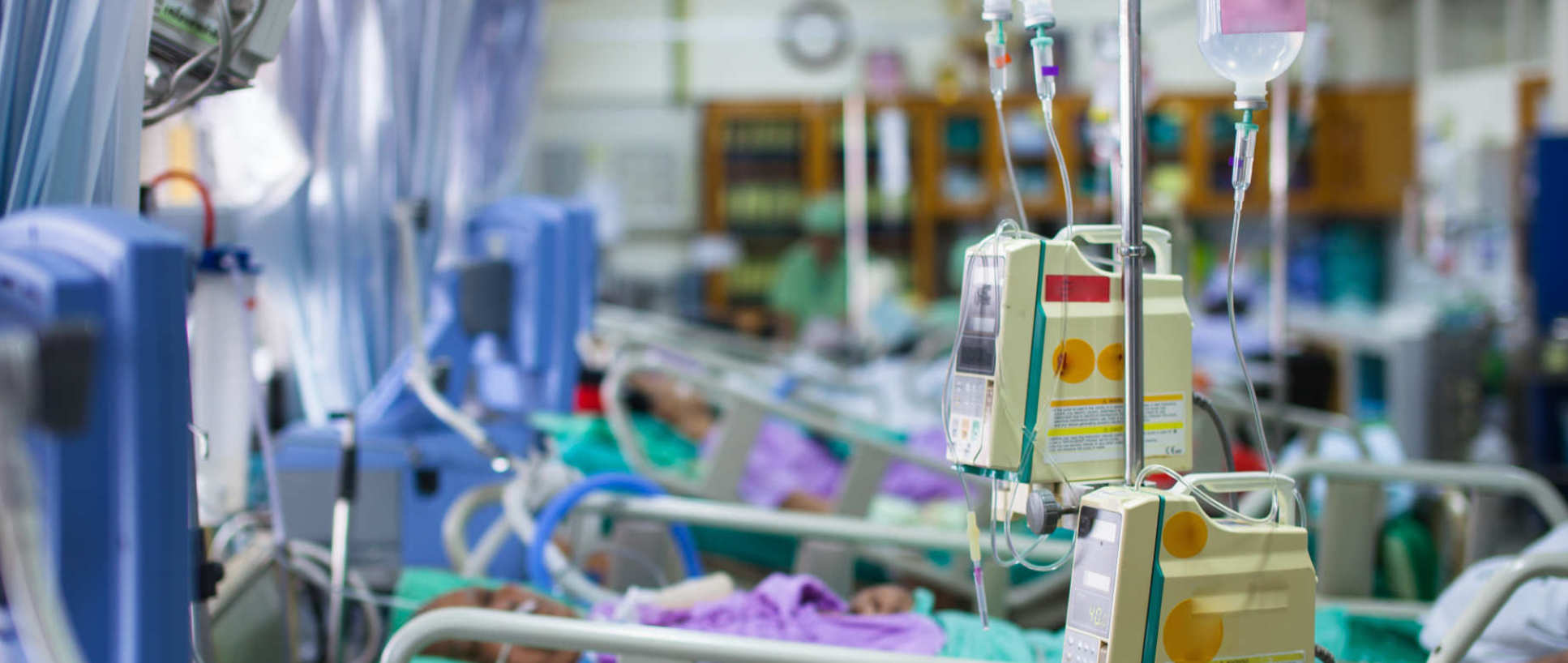BibTex format
@article{McIntyre:2016:10.1136/bmjopen-2015-010041,
author = {McIntyre, L and Rowe, BH and Walsh, TS and Gray, A and Arabi, Y and Perner, A and Gordon, A and Marshall, J and Cook, D and Fox-Robichaud, A and Bagshaw, SM and Green, R and Schweitzer, I and Turgeon, A and Zarychanski, R and English, S and Chasse, M and Stiell, I and Fergusson, D},
doi = {10.1136/bmjopen-2015-010041},
journal = {BMJ Open},
title = {Multicountry survey of emergency and critical care medicine physicians’ fluid resuscitation practices for adult patients with early septic shock},
url = {http://dx.doi.org/10.1136/bmjopen-2015-010041},
volume = {6},
year = {2016}
}
RIS format (EndNote, RefMan)
TY - JOUR
AB - Objectives: Evidence to guide fluid resuscitationevidence in sepsis continues to evolve. Weconducted a multicountry survey of emergency andcritical care physicians to describe current statedpractice and practice variation related to thequantity, rapidity and type of resuscitation fluidadministered in early septic shock to inform thedesign of future septic shock fluid resuscitationtrials.Methods: Using a web-based survey tool, weinvited critical care and emergency physicians inCanada, the UK, Scandinavia and Saudi Arabia tocomplete a self-administered electronic survey.Results: A total of 1097 physicians’ responseswere included. 1 L was the most frequent quantityof resuscitation fluid physicians indicated theywould administer at a time (46.9%, n=499). Most(63.0%, n=671) stated that they would administerthe fluid challenges as quickly as possible. Overall,normal saline and Ringer’s solutions were thepreferred crystalloid fluids used ‘often’ or ‘always’ in53.1% (n=556) and 60.5% (n=632) of instances,respectively. However, emergency physiciansindicated that they would use normal saline ‘often’or ‘always’ in 83.9% (n=376) of instances, whilecritical care physicians said that they would usesaline ‘often’ or ‘always’ in 27.9% (n=150) ofinstances. Only 1.0% (n=10) of respondentsindicated that they would use hydroxyethyl starch‘often’ or ‘always’; use of 5% (5.6% (n=59)) or 20–25% albumin (1.3% (n=14)) was also infrequent.The majority (88.4%, n=896) of respondentsindicated that a large randomised controlled trialcomparing 5% albumin to a crystalloid fluid in earlyseptic shock was important to conduct.Conclusions: Critical care and emergencyphysicians stated that they rapidly infuse volumes of500–1000 mL of resuscitation fluid in early septicshock. Colloid use, specifically the use of albumin,was infrequently reported. Our survey identifies the need to condu
AU - McIntyre,L
AU - Rowe,BH
AU - Walsh,TS
AU - Gray,A
AU - Arabi,Y
AU - Perner,A
AU - Gordon,A
AU - Marshall,J
AU - Cook,D
AU - Fox-Robichaud,A
AU - Bagshaw,SM
AU - Green,R
AU - Schweitzer,I
AU - Turgeon,A
AU - Zarychanski,R
AU - English,S
AU - Chasse,M
AU - Stiell,I
AU - Fergusson,D
DO - 10.1136/bmjopen-2015-010041
PY - 2016///
SN - 2044-6055
TI - Multicountry survey of emergency and critical care medicine physicians’ fluid resuscitation practices for adult patients with early septic shock
T2 - BMJ Open
UR - http://dx.doi.org/10.1136/bmjopen-2015-010041
UR - http://hdl.handle.net/10044/1/34563
VL - 6
ER -



 Critical care involves the care of the sickest patients in the hospital. Critically ill patients have usually been through a significant insult to their body (such as trauma, infection, burn) and have developed organ failure and require life-support. Critical Care is the largest theme bringing together clinicians and scientists from diverse backgrounds and includes collaborative research from hospitals throughout north-west London. Investigations range from evaluating biological mechanisms of organ failure through to the development of innovative technologies which allow the short-term and long-term support and recovery of organs.
Critical care involves the care of the sickest patients in the hospital. Critically ill patients have usually been through a significant insult to their body (such as trauma, infection, burn) and have developed organ failure and require life-support. Critical Care is the largest theme bringing together clinicians and scientists from diverse backgrounds and includes collaborative research from hospitals throughout north-west London. Investigations range from evaluating biological mechanisms of organ failure through to the development of innovative technologies which allow the short-term and long-term support and recovery of organs.